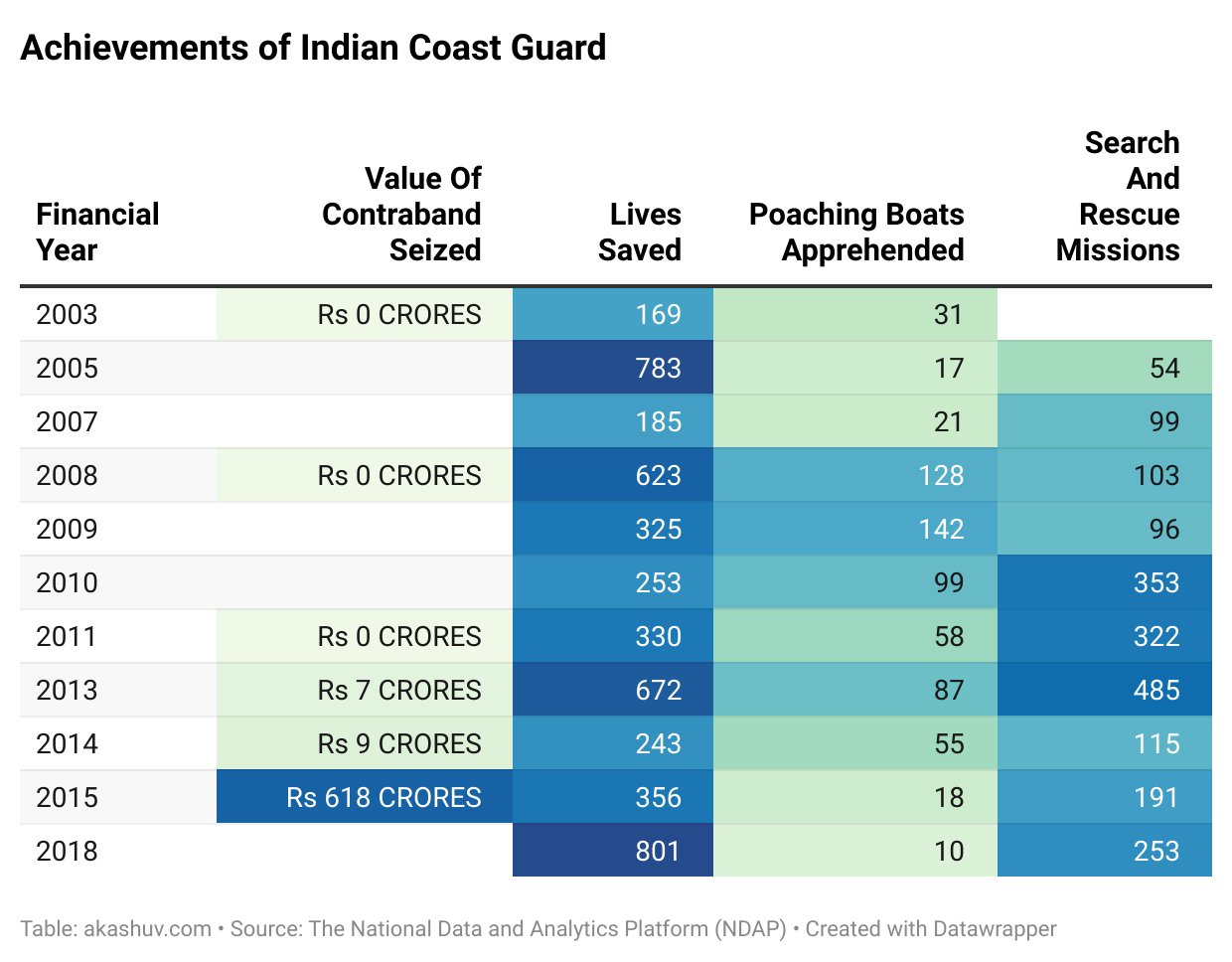How Sustainability Is Becoming a Core Component of BBA Programs
The Growing Importance of Sustainability in Business
In recent years, sustainability has become a buzzword in the business world. With the increasing awareness of environmental issues and social responsibility, companies are shifting their focus towards sustainable practices. As a result, BBA programs are adapting to meet the demand for environmentally conscious business leaders.
What is Sustainability in Business?
Sustainability in business refers to the practices and strategies that companies adopt to minimize their environmental impact, while also promoting social responsibility and economic growth. This includes reducing carbon emissions, conserving natural resources, and promoting fair labor practices.
The Benefits of Sustainability in BBA Programs
- Improved brand reputation: Companies that adopt sustainable practices are seen as responsible and environmentally conscious, which can improve their brand reputation and attract socially aware customers.
- Cost savings: Sustainable practices can help companies reduce their energy consumption and waste, leading to cost savings.
- Increased competitiveness: Companies that adopt sustainable practices are more likely to attract top talent and stay ahead of the competition.
- Preparation for future challenges: Sustainability education prepares students for the challenges of a rapidly changing business environment, where environmental and social issues are becoming increasingly important.
How BBA Programs are Integrating Sustainability Education
- Sustainability-focused courses: Many BBA programs now offer courses that focus specifically on sustainability, such as sustainable business practices, environmental economics, and corporate social responsibility.
- Case studies and real-world examples: BBA programs are using case studies and real-world examples to teach students about sustainable business practices and their impact on the environment and society.
- Guest lectures and industry partnerships: BBA programs are partnering with industry leaders and inviting guest lecturers to share their experiences and insights on sustainability in business.
Real-World Examples of Sustainable Business Practices
- Patagonia: Patagonia uses environmentally-friendly materials, reduces waste, and promotes fair labor practices.
- IKEA: IKEA is committed to renewable energy, waste reduction, and sustainable forestry practices.
- Unilever: Unilever has set ambitious targets to reduce its environmental impact and promote sustainable business practices.
Conclusion
Sustainability is becoming a core component of BBA programs, and for good reason. As the world shifts towards a more sustainable future, businesses need leaders who understand the importance of environmental and social responsibility. By incorporating sustainability education into BBA programs, we can equip future business leaders with the skills and knowledge they need to drive sustainable business practices.
Call to Action
If you’re interested in learning more about sustainability in BBA programs, we encourage you to explore our resources and connect with industry leaders who are making a positive impact.
Latest post:
- Nuts and Legumes: A Surprising Connection Explained (And Why It Matters to Your Diet)
- Where Do Pine Nuts Originate From? A Journey of Delicious Delicacy
- Discover the 7 Types of Tree Nuts: Unlocking Nutrition and Flavor
- India’s Electric Vehicle Revolution: A 5-Year Growth Story
- Safeguarding the Maritime Nation: Achievements of the Indian Coast Guard











Leave a Reply